2 August 2020
Laszlo Teleki
Former member of the National Assembly of Hungary
Statement on the occasion of the European Holocaust Memorial Day for Sinti and Roma 2020
Ladies and Gentlemen! Friends!
For many decades we – the European Roma and non Roma people – have gathered in Europe, at Auschwitz, on the 2nd of August each year, to bow our heads in respect of the memory of the innocent victims of the Holocaust, at the memorial which was built in part from the bricks of the crematorium that annihilated our Roma brothers and sisters. This memorial, which we erected with difficulty, but together and in a spirit of cooperation, is a reminder of a fact that has been kept silent for many decades, the fact of the Sinti and Roma Holocaust. Our memorial to the Roma Holocaust is not just a milestone in European and world history; it is also a warning sign for the way in which hatred, stigma and discrimination can lead to mindless and inhuman murders.
Today, unfortunately, as a result of the coronavirus epidemic, many of us are unable to be there and to appropriately remember and commemorate the murders of seventy-six years ago.
We should hear and understand not only the screams of pain, but also the words of that time. From a distance of over 76 years we need to become aware: tragedies that end in genocide begin with ideas rather than actions. With the kind of dangerous and deceitful ideas, on the basis of which people can, and in fact should, be differentiated based on religion, ethnic origin or colour. If we accept these words, they will almost imperceptibly eradicate respect, understanding and empathy from our souls. The horrors of the Second World War were partly a consequence of the spread of this agent of mental illness. Our fellow human beings were separated based on race and religion. People who were turned into the object of ridicule and shame were first deprived of their material possessions, then of their human dignity, and eventually of their lives. This is how Jews, Roma, homosexuals, communists and liberals became second and third-class humans and condemned to extermination.
My fellow commemorators!
We have to learn from our own history and horrors. We can’t remain blind, deaf and dumb. We have to warn the world: the virus that led to the Holocaust has raised its head again and is spreading rapidly. Open exclusion today is not announced at meetings of friends, or pub forums, but certain European politicians and political parties have used the machinery of state propaganda to drill the message into millions of people’s minds every day: we should view people of a different religion, different ethnic origin or different skin colour as being different.
Europe and the world are at war. The kind of war, which is still taking place in the soul. Villains are exploiting our weaknesses, inciting antagonism, and spreading mindless rumours about us. Seventy-six years ago many people believed Roma are less than human. A Roma will be satisfied with less. Less freedom. Fewer rights. And in the end: less life. This virus of the mind caused the horrors of the Roma Holocaust. If we don’t stop the spread of this disease, we will soon have to face similar terrors again. It’s not actions that we need to stop, as once the horrors begin, they cannot be stopped. We have to dispel dangerous and deceitful opinions by means of clarification, information, and educating our children in humanity. If we raise well-informed generations with a sound mind, there will be no possibility of inciting hatred, and the Roma Holocaust will never be repeated.
It is our responsibility to make sure there are no more world wars. This is our message to Brussels and the world, and to politicians who incite hatred, so they too can understand!
Thanks for listening!
Deklaràcie
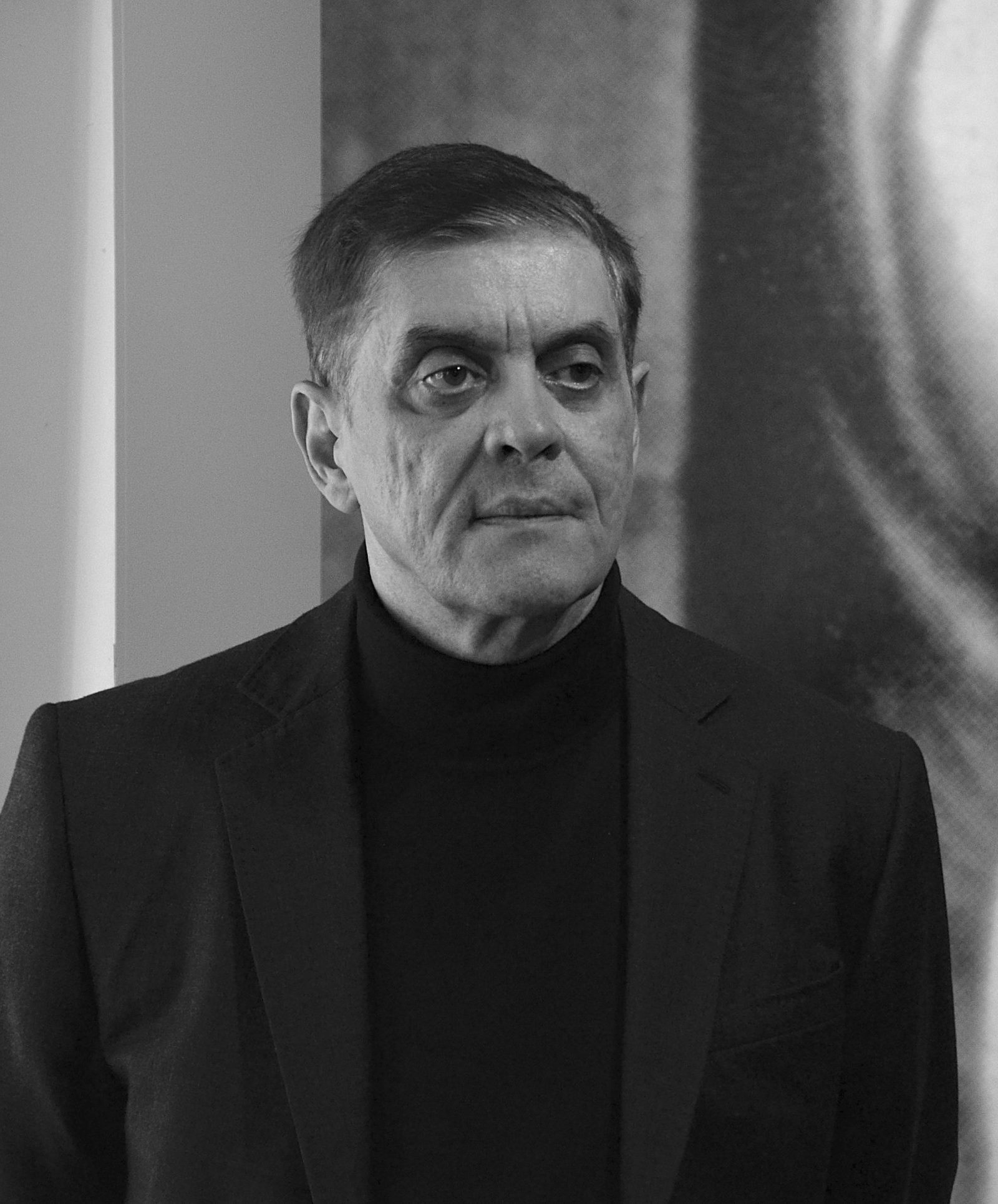
Romani Rose
Śerutno e Centralone Sombeśesqo e Germanikane Sintenqo aj Rromenqo
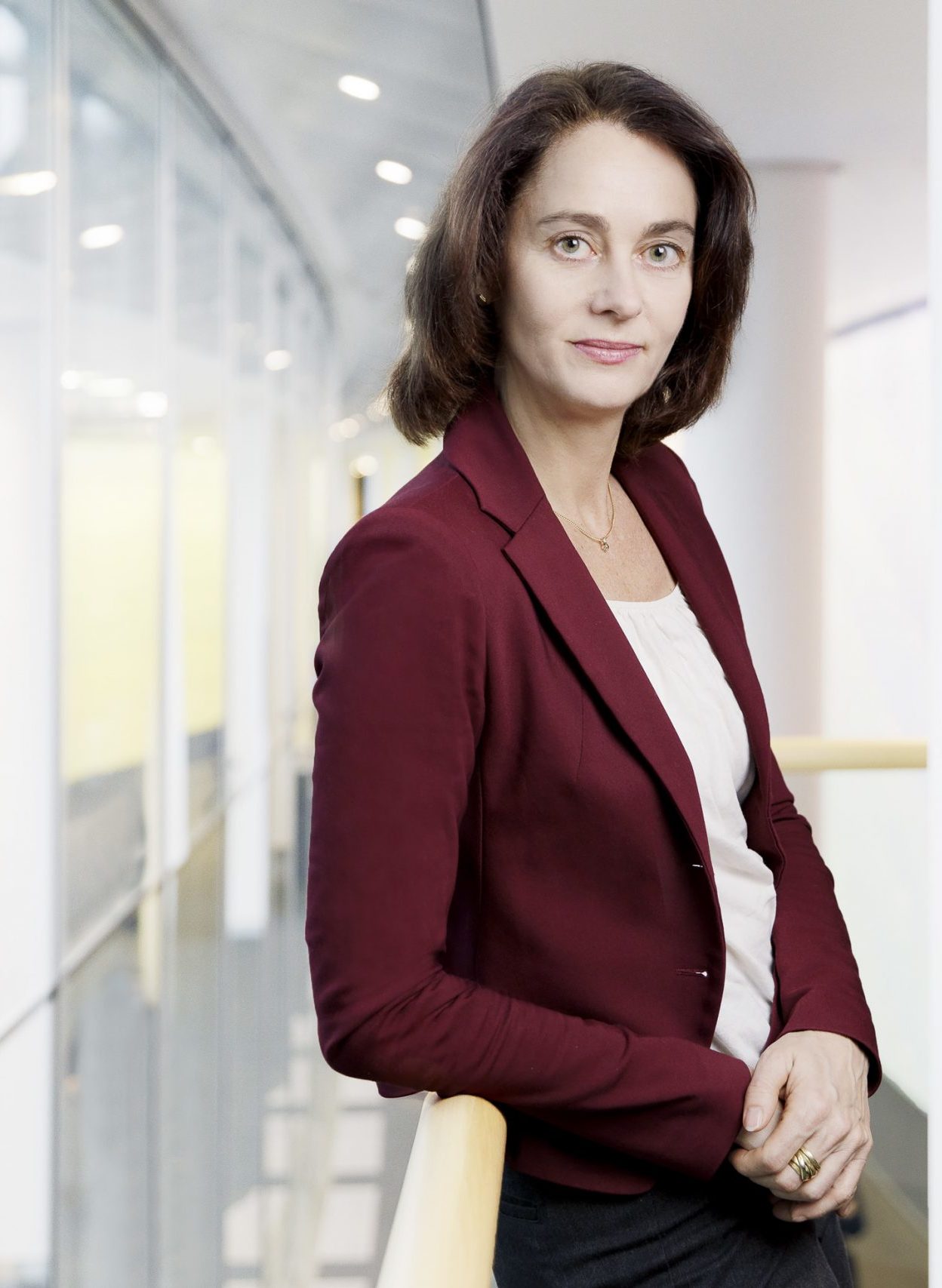
Katarina Barley
Vice President of the European Parliament
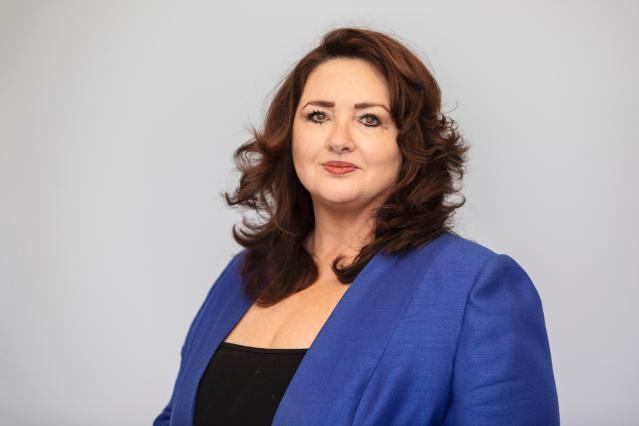
Helena Dalli
European Commissioner for Equality
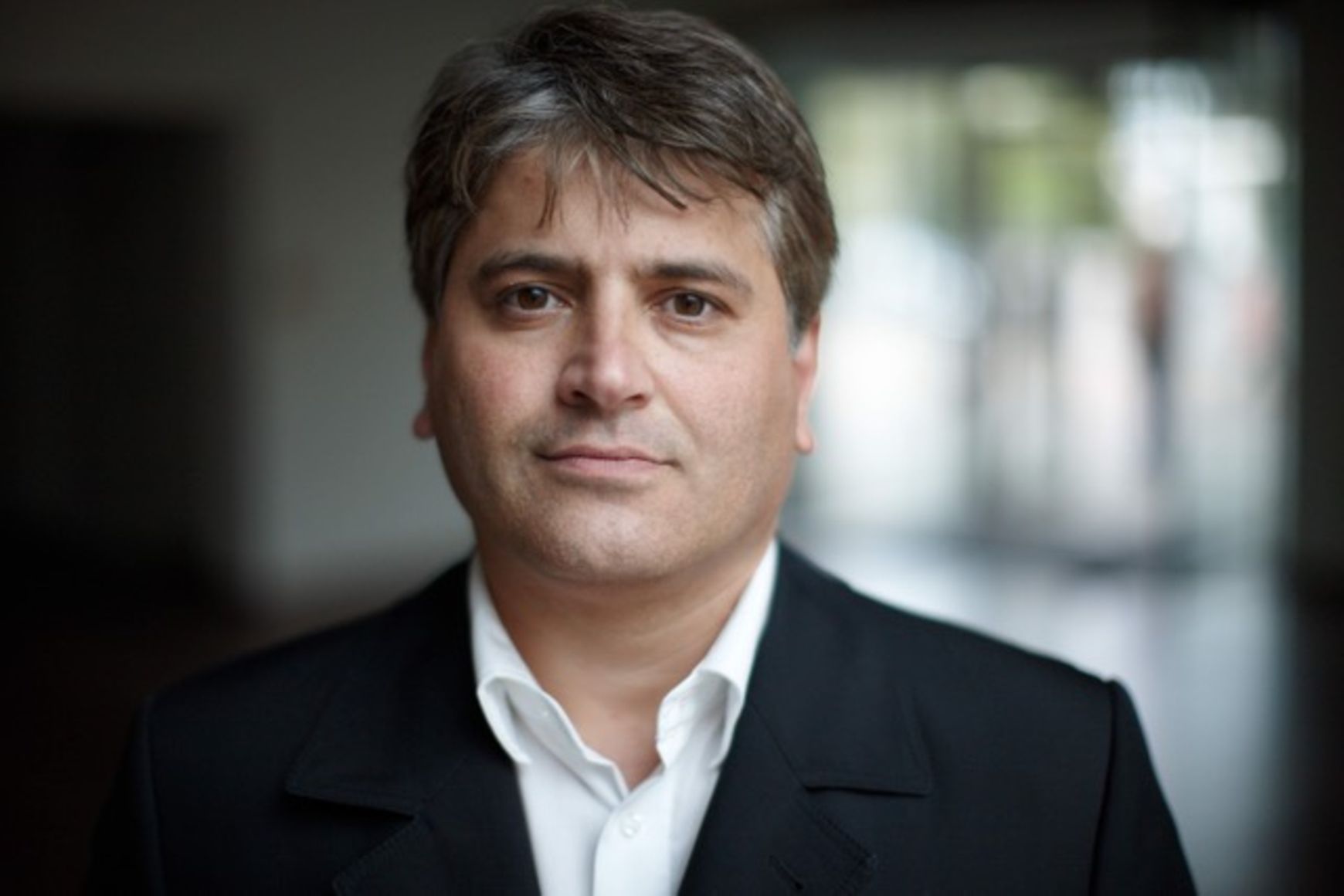
Mehmet Daimagüler
Dr. Mehmet Daimagüler, Antigypsyism Commissioner of the Federal Government

Roberta Metsola
Roberta Metsola, President of the European Parliament
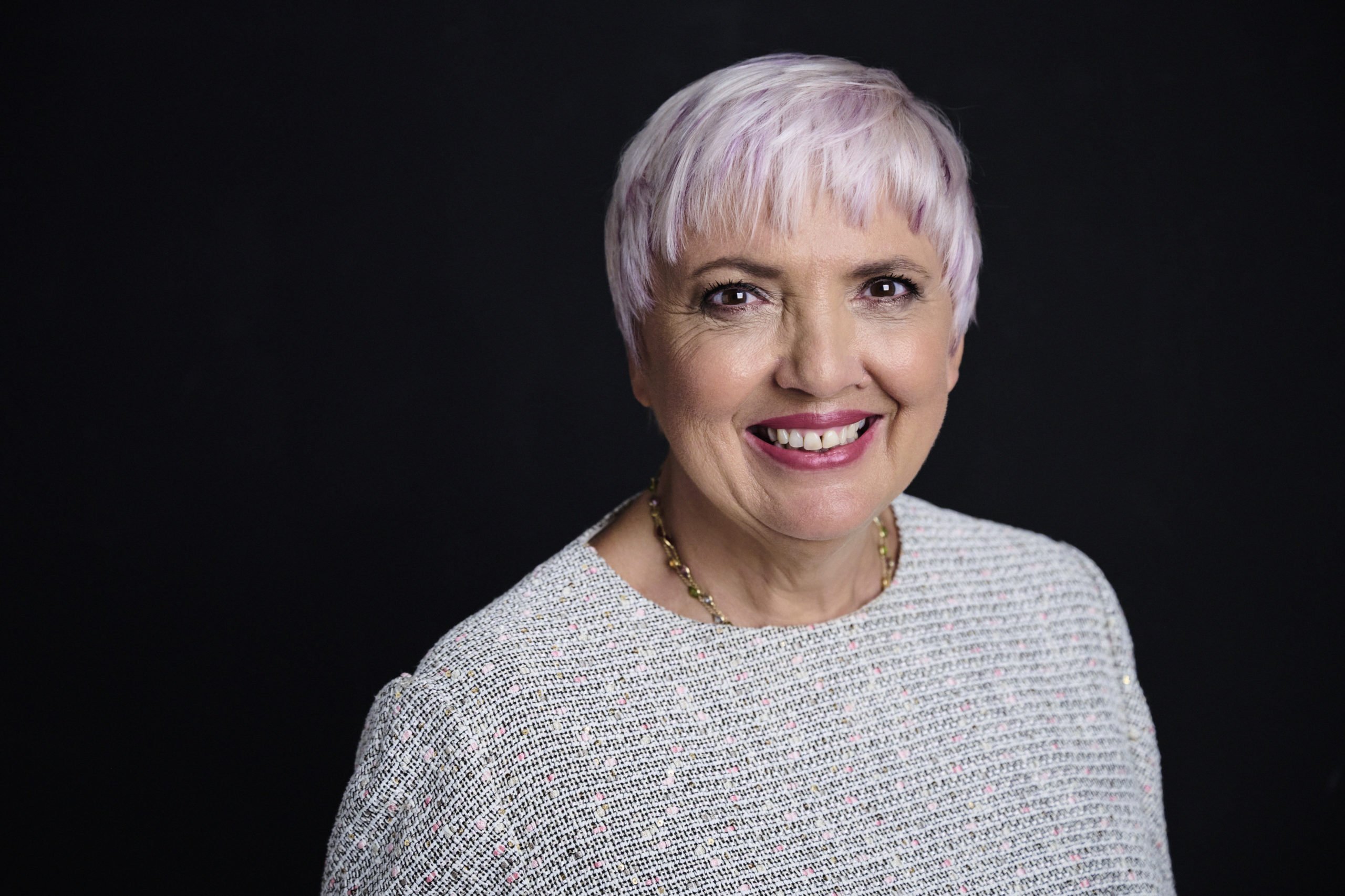
Claudia Roth
Vice President of the German Bundestag
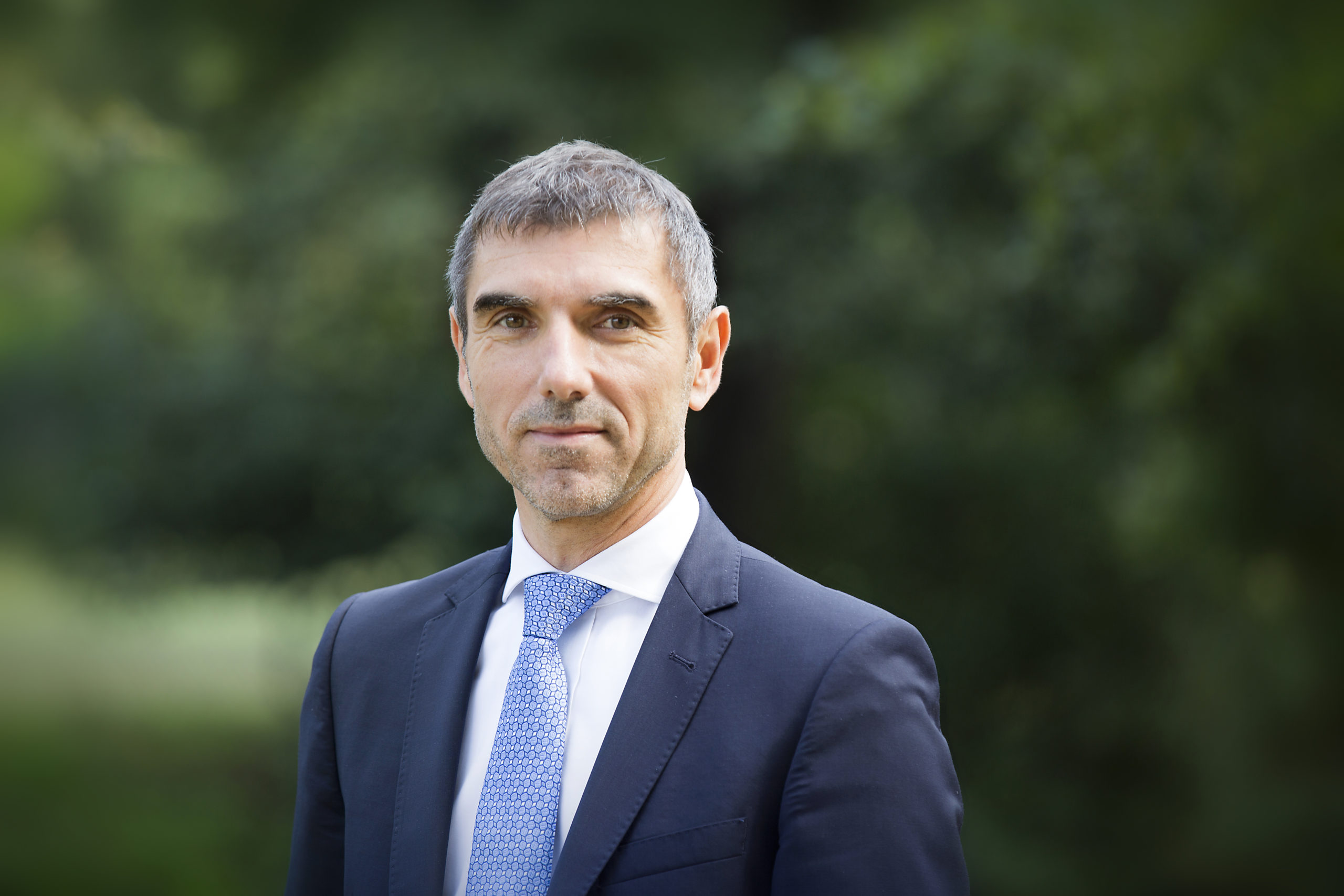
Paul Blokhuis
Dutch State Secretary Paul Blokhuis
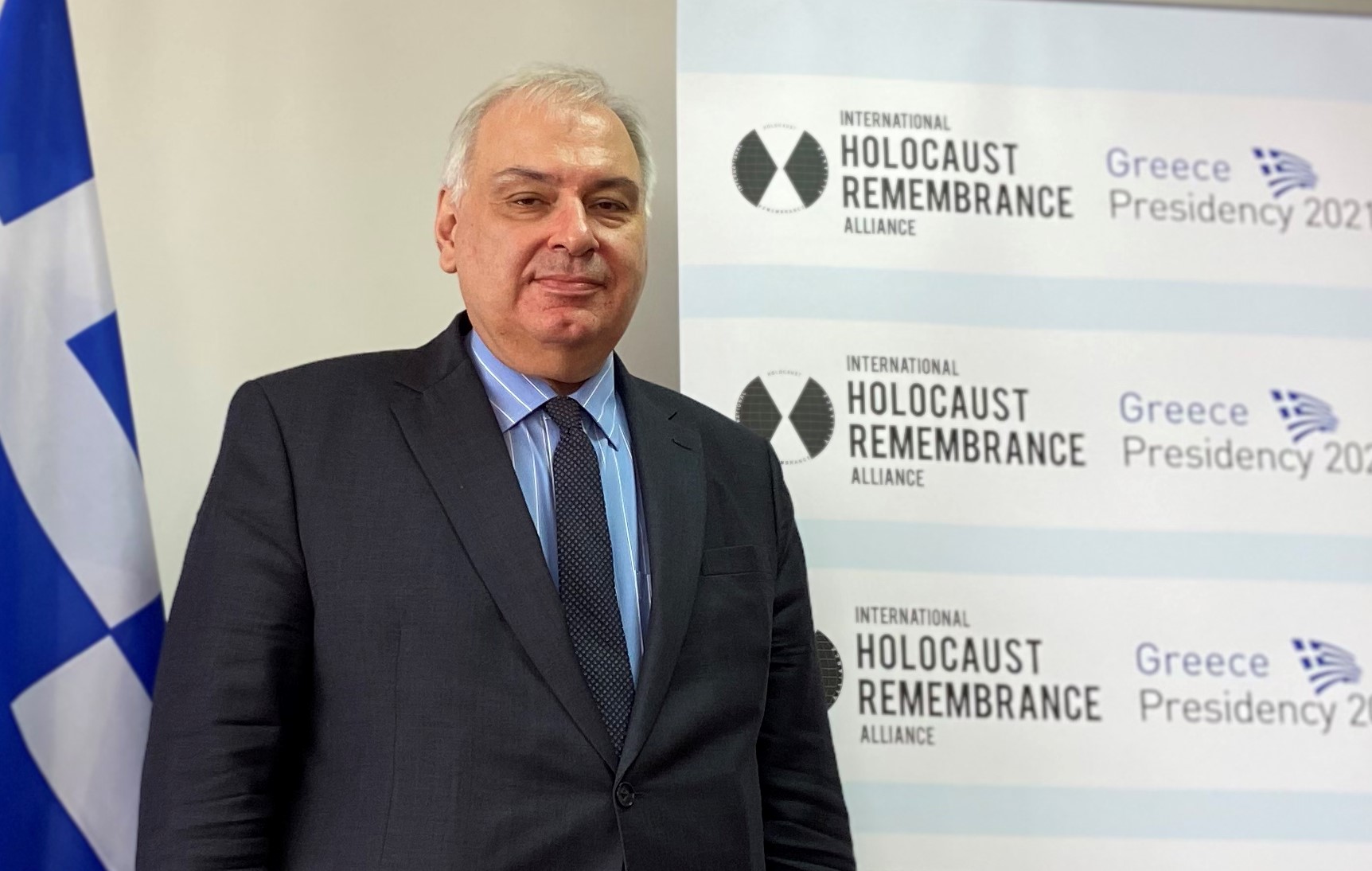
Chris J. Lazaris
Amb. Chris J. Lazaris, IHRA Chairman
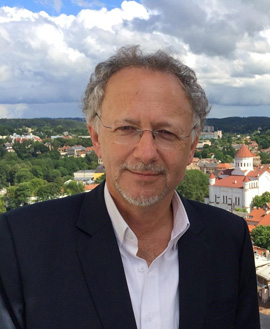
Fernand des Varennes
UN Special Rapporteur UN minorities
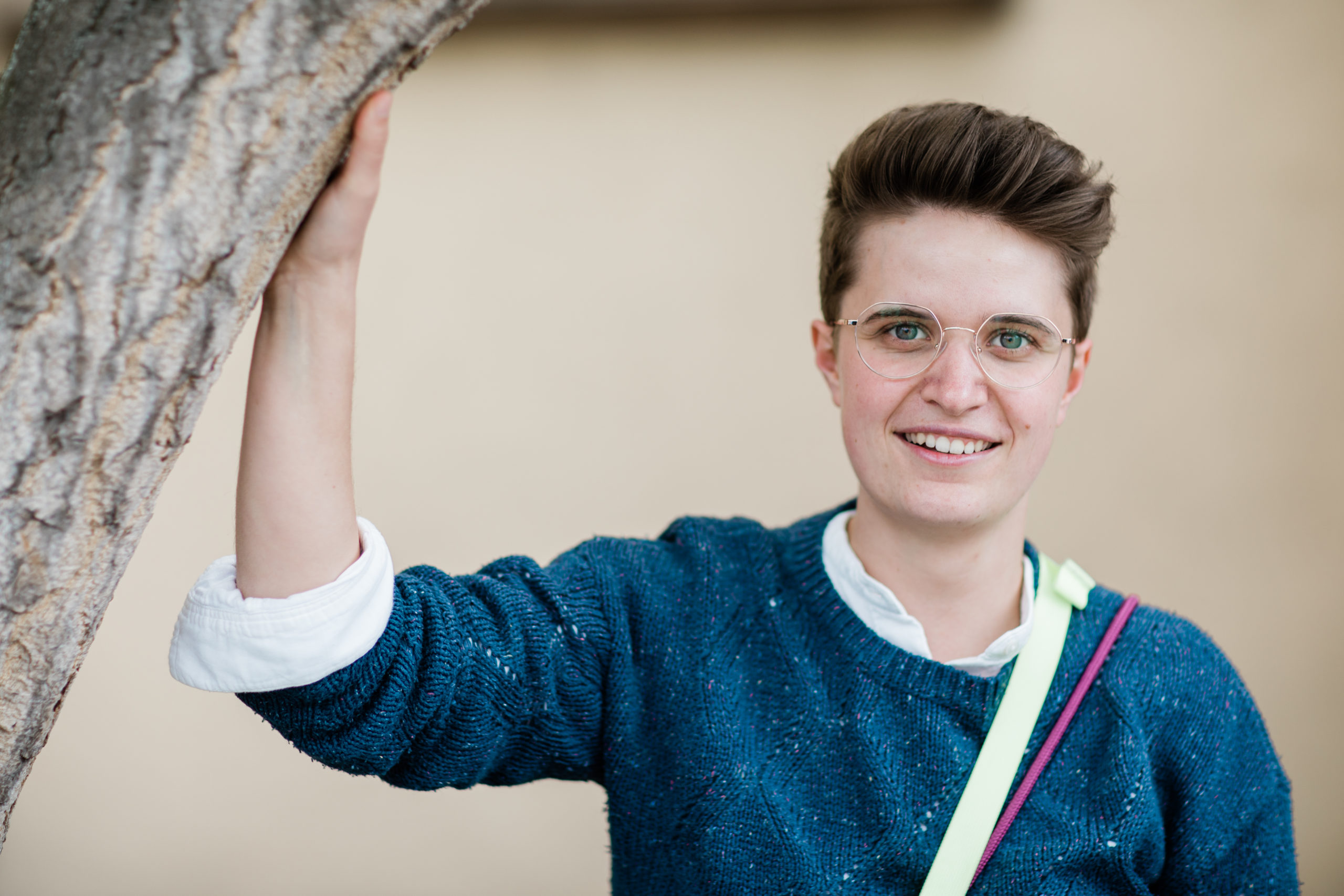
Anna-Nicole Heinrich
President of the Synod of the Evangelical Church in Germany (EKD)

Justin Trudeau
Prime Minister of Canada
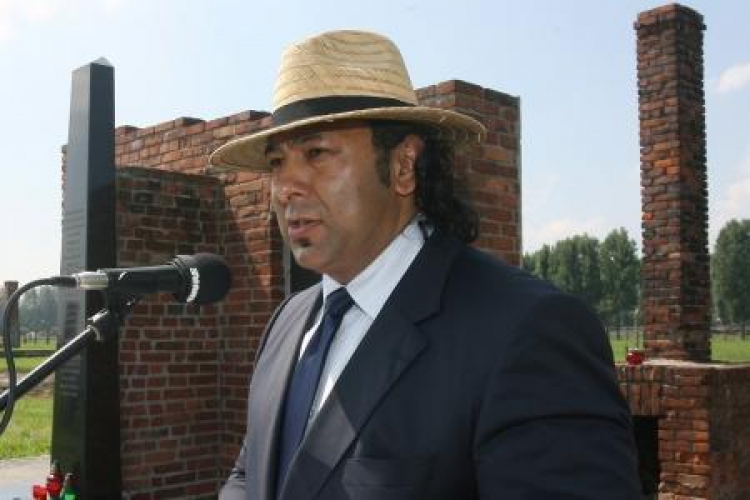
Roman Kwiatkowski
Chairman of the Association of Roma in Poland
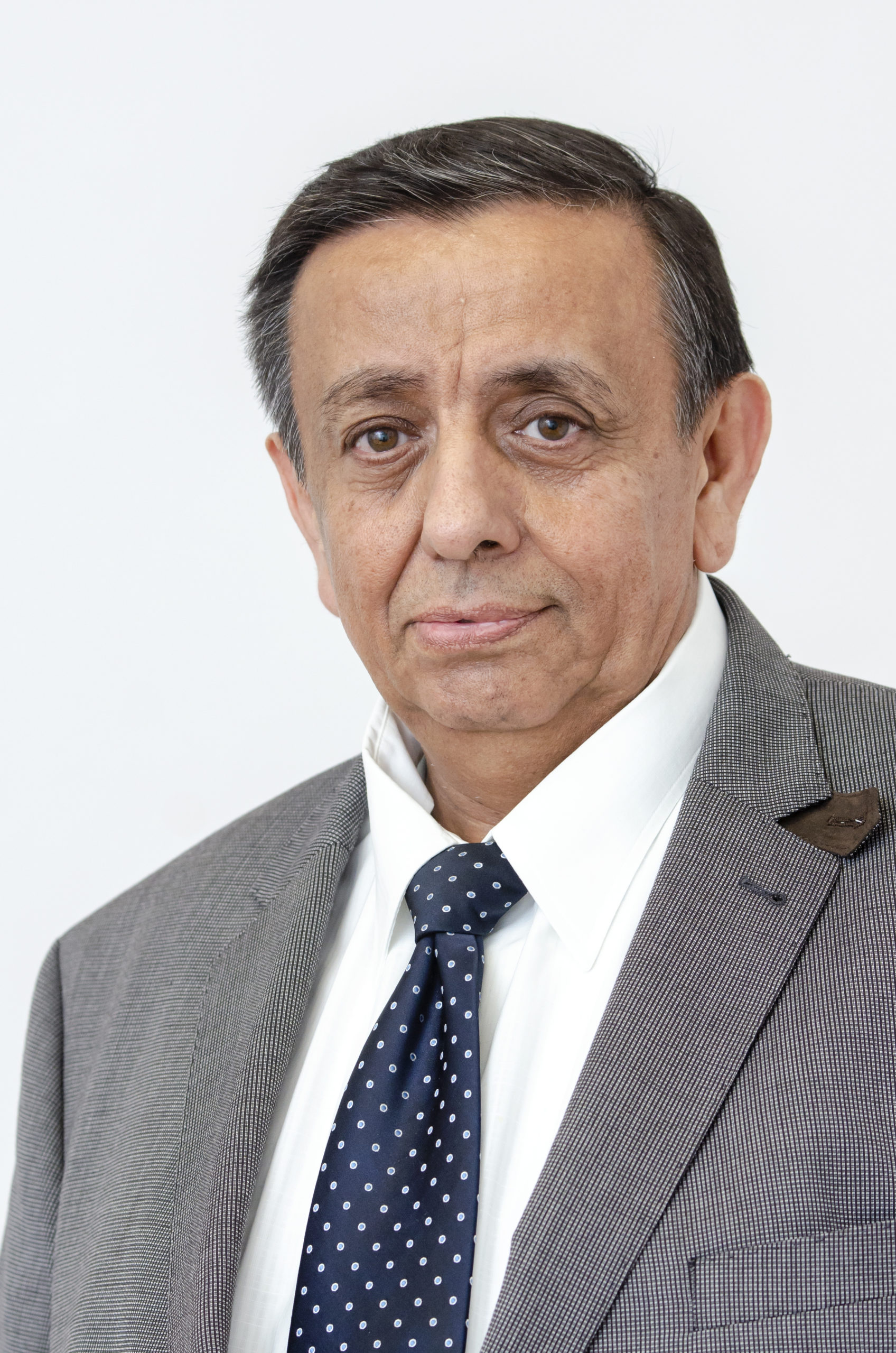
Erich Schneeberger
Deputy Chairman of the Documentation and Cultural Center of German Sinti and Roma and Chairman of the Association of German Sinti and Roma
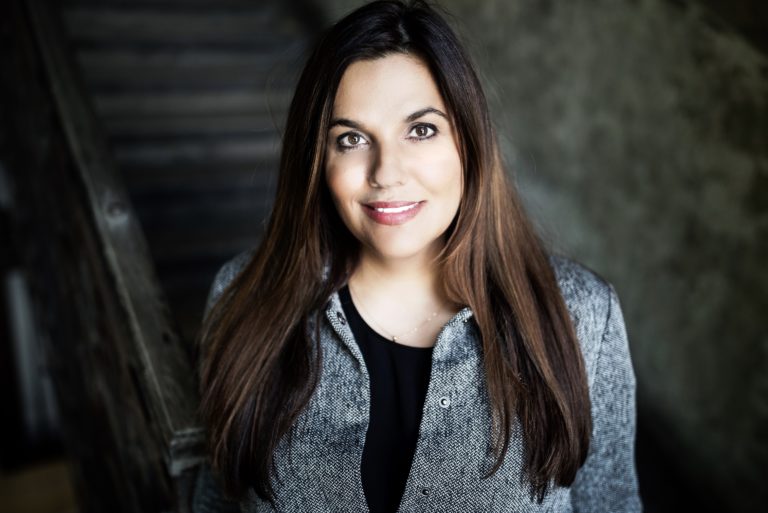
Timea Junghaus
Executive Director
European Roma Institute for Arts and Culture (ERIAC)
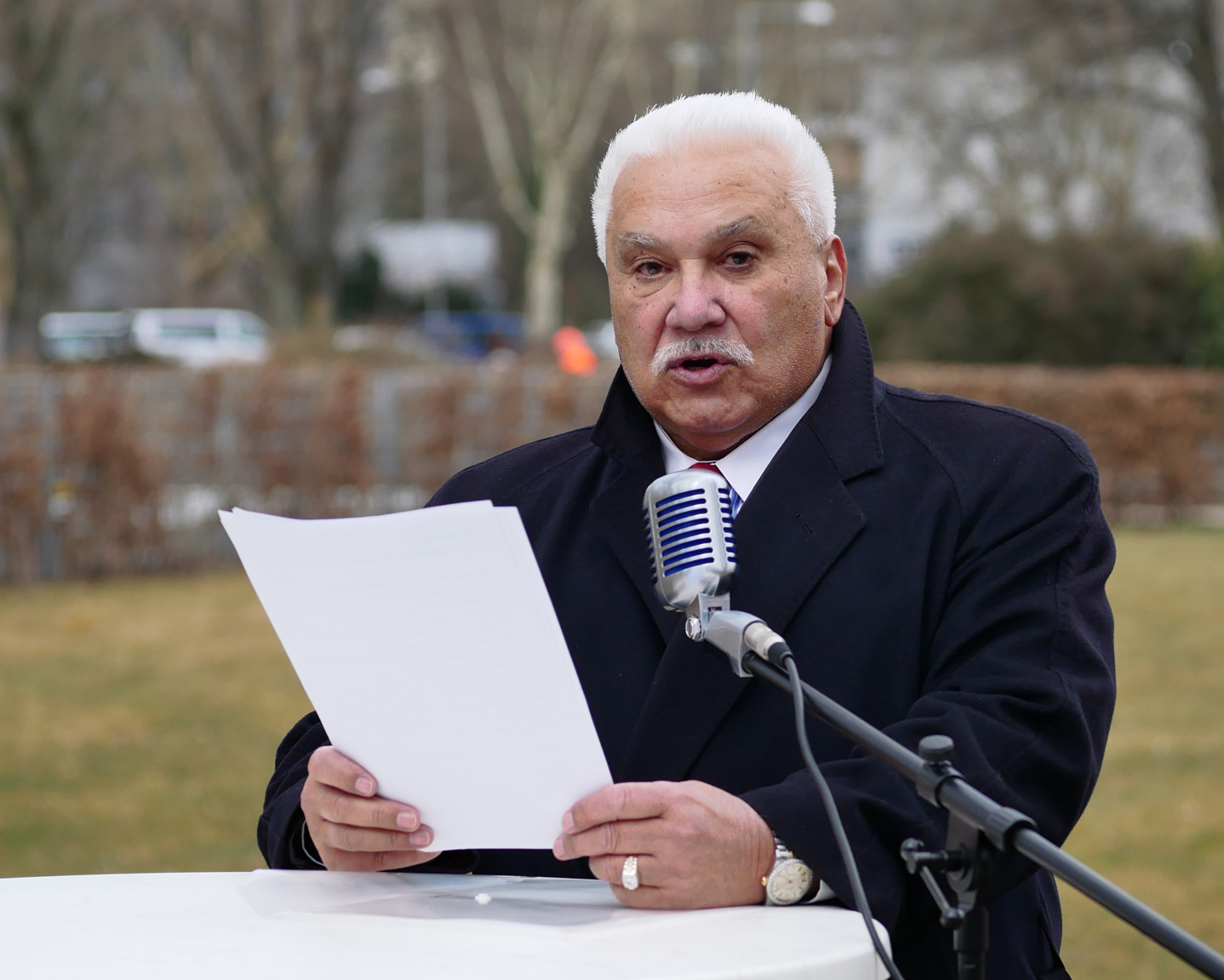
Adam Strauß
Chairman of the Council of German Sinti and Roma in Hesse
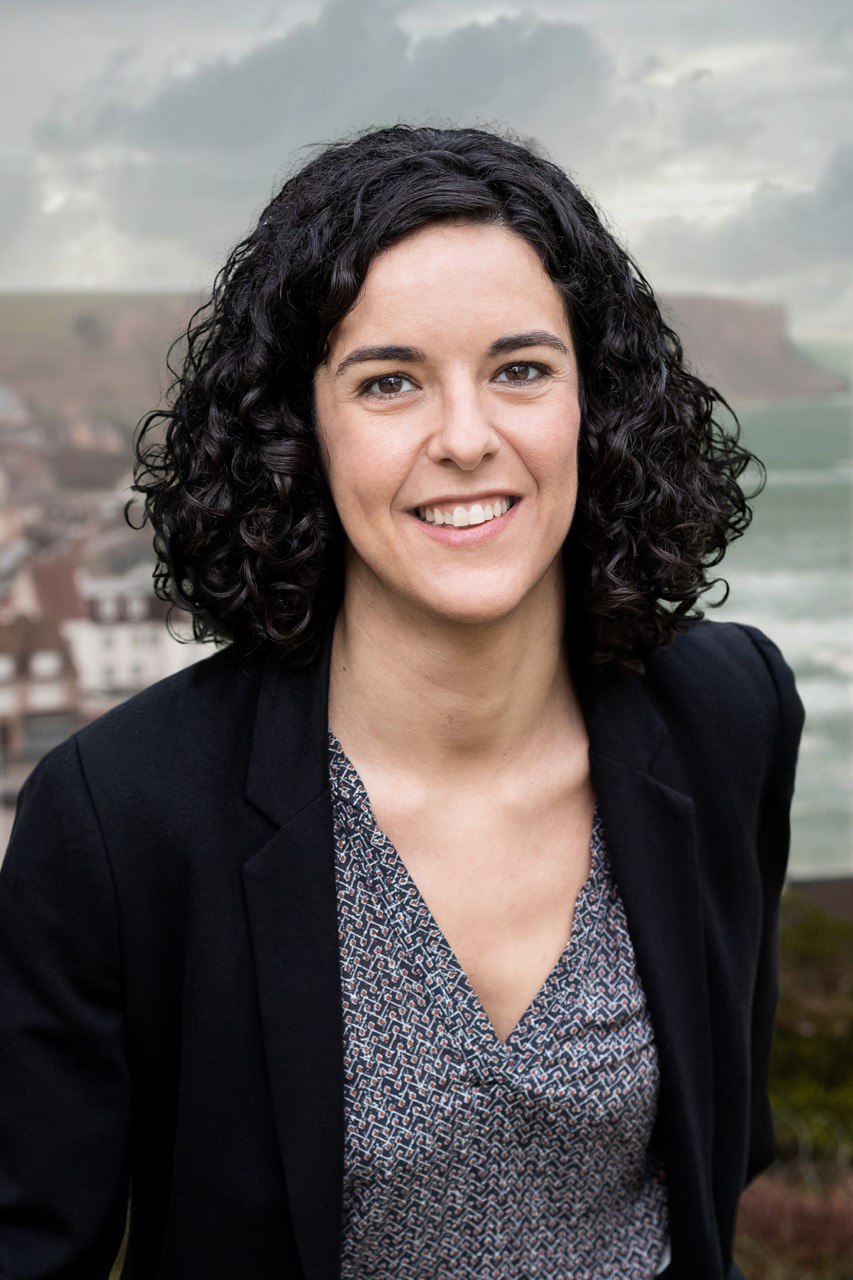
Manon Aubry
Manon Aubry, MEP
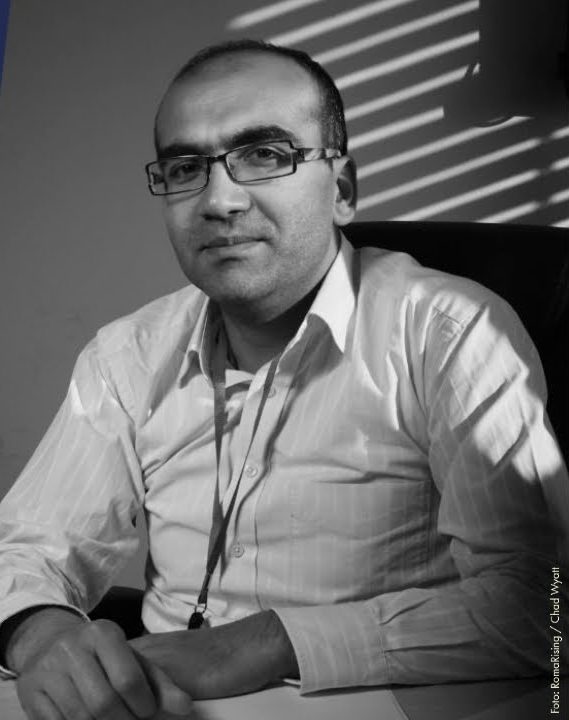
Adrian-Nicolae Furtuna
Historian at the University of Bucharest
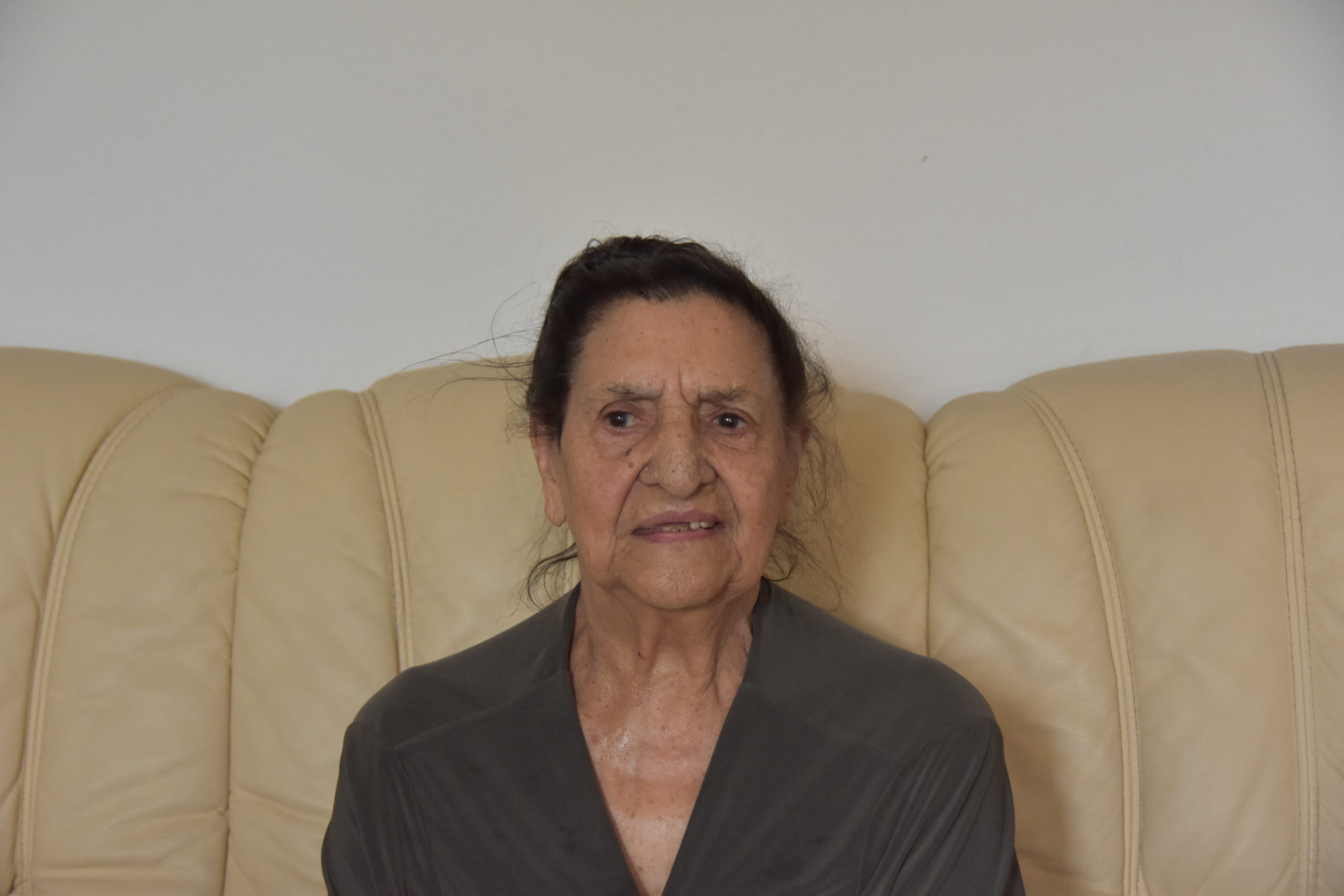
Philomena Franz
Holocaust Survivor

Angelina Kappler
German former Weinkönigin
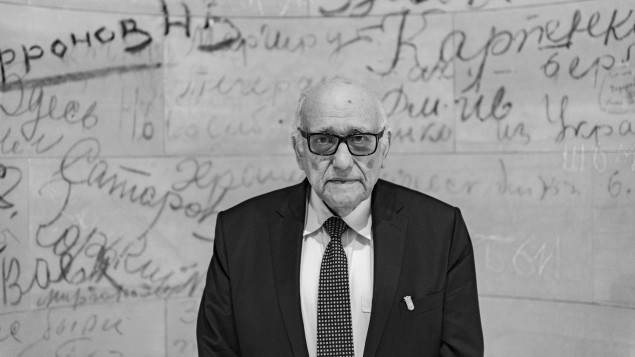
Marian Kalwary
Chairman of the Association of Jews,
Survivors and Victims of the Second World War










